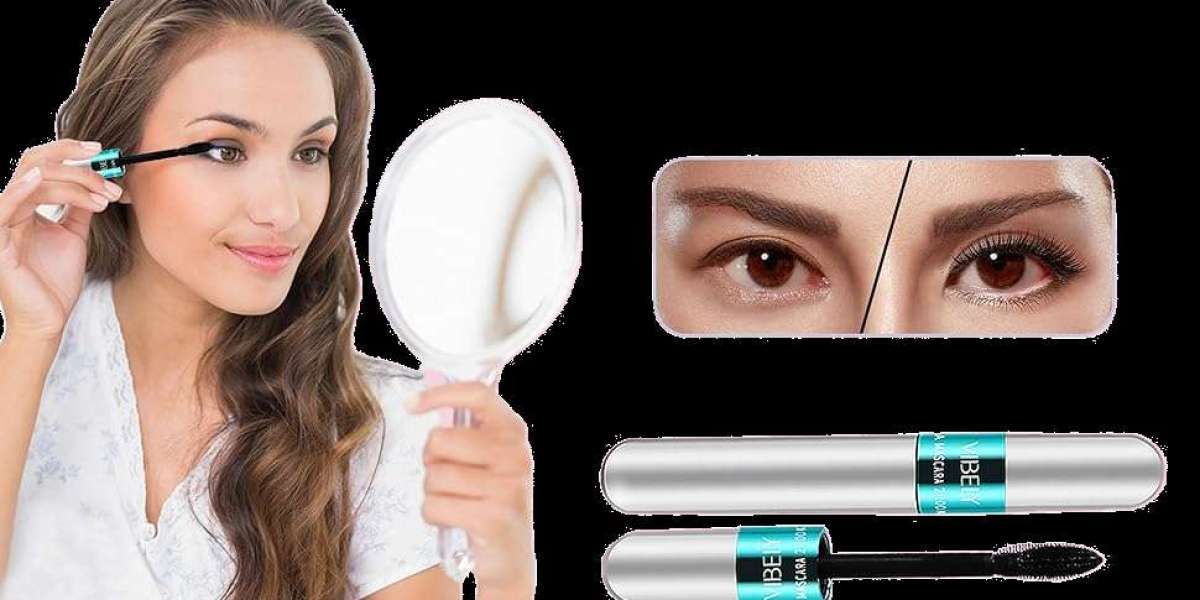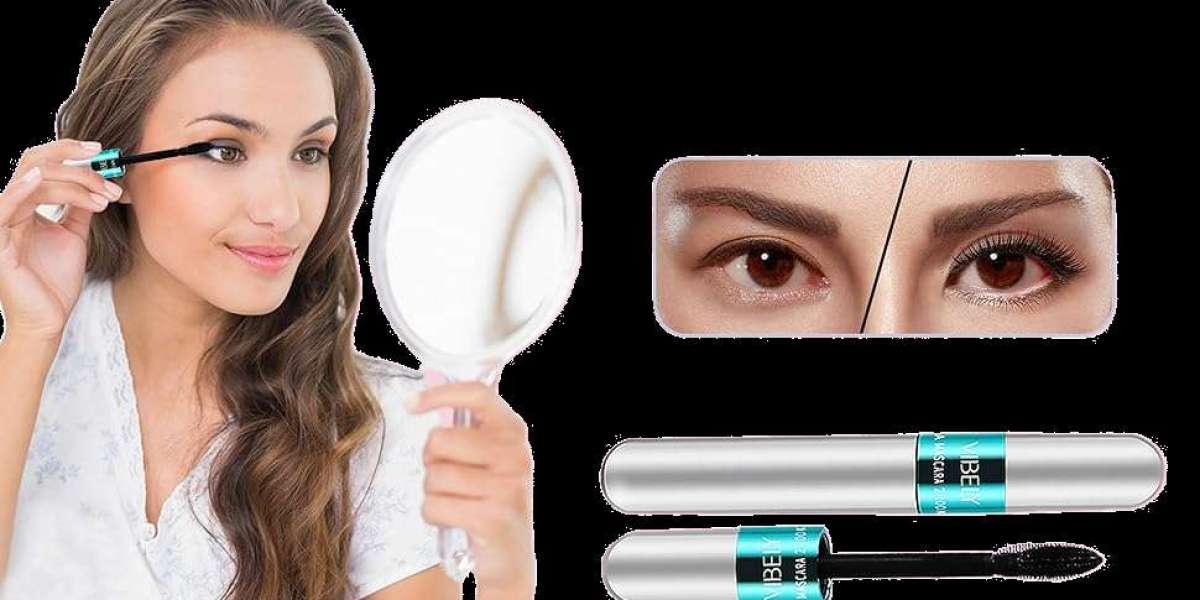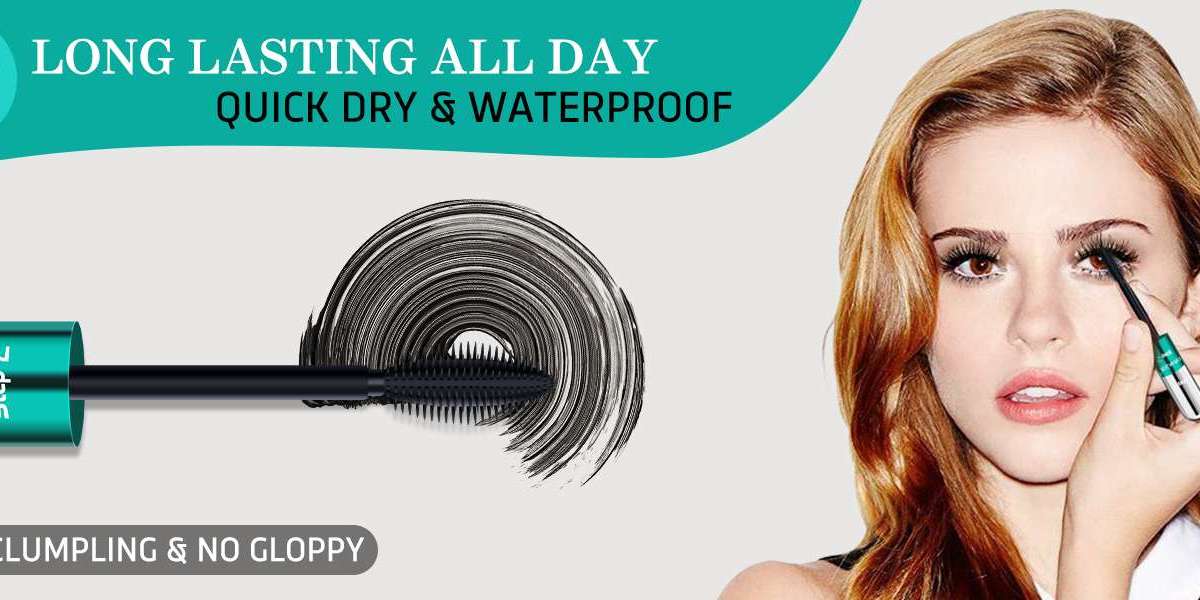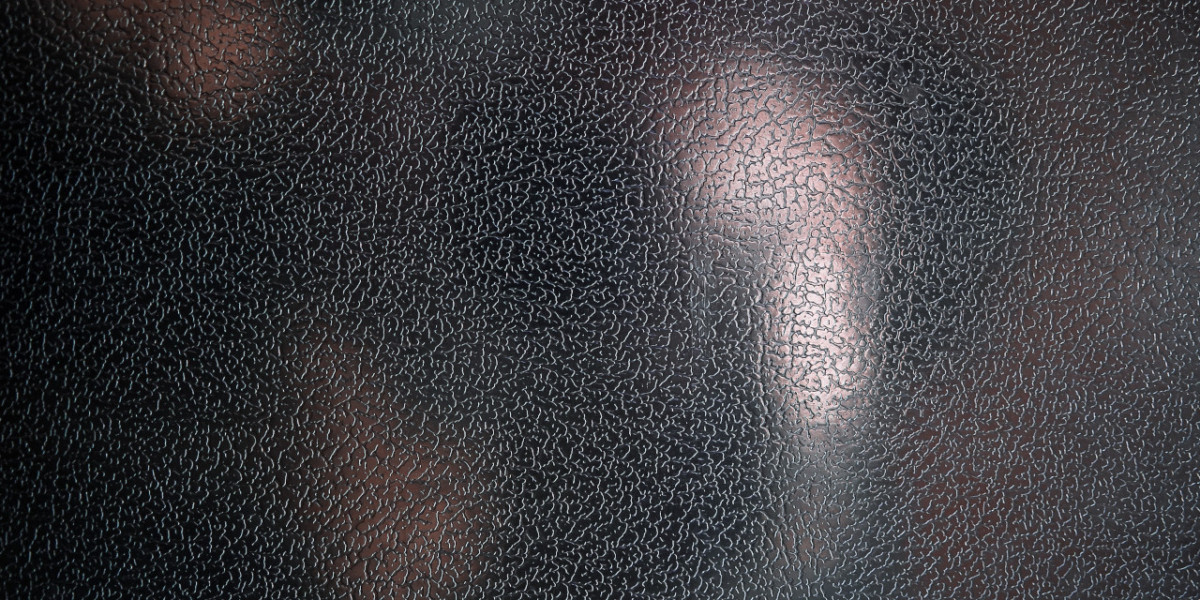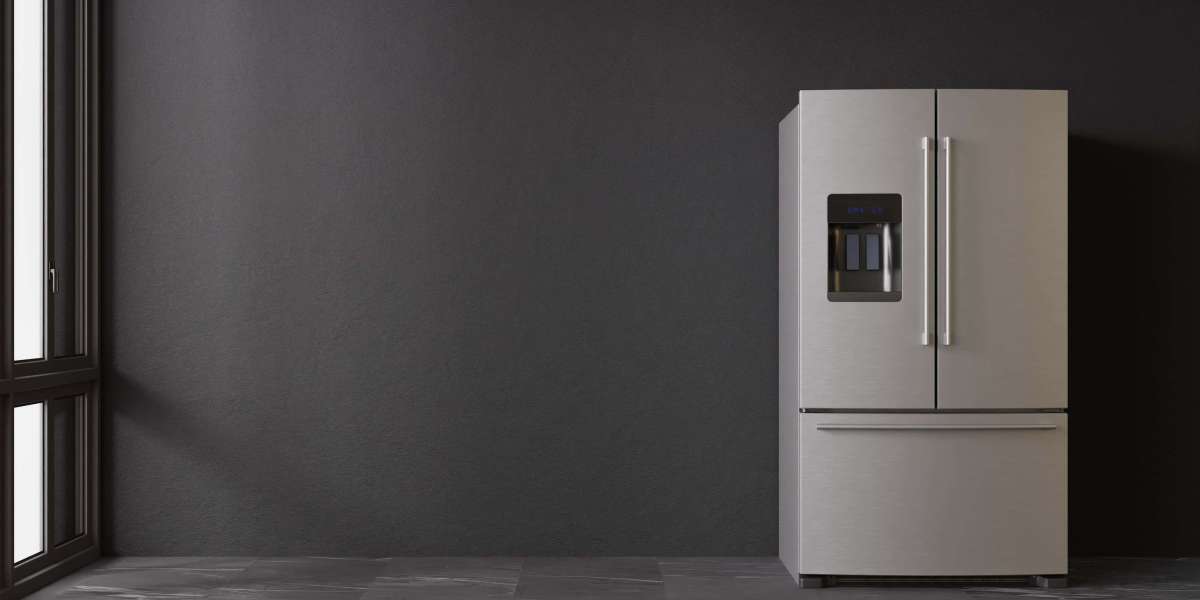Introduction:
In recent years, the cosmetics industry has witnessed an upsurge in the popularity of various beauty products. Mascara, specifically, is an essential tool in most women's makeup routines, contributing to the appearance of longer, fuller eyelashes. Among the numerous mascara brands available, one that has generated notable attention is vibely mascara waterproof Vibely Mascara. This article aims to evaluate the efficacy of Vibely Mascara in enhancing eyelash volume and length, considering its claimed effects on lash growth and its overall performance.
Background:
The primary function of mascara is to elongate and volumize eyelashes, creating a more appealing and captivating look. Manufacturers of Vibely Mascara assert that their product goes beyond mere beautification, promoting lash growth and providing long-term benefits. To explore the veracity of these claims, scientific analysis becomes crucial to obtain an objective assessment.
Ingredients and Mechanism of Action:
Analyzing the ingredients of Vibely Mascara is pivotal in determining its effectiveness. Key ingredients commonly found in mascara formulations include waxes, pigments, film-formers, and preservatives. Vibely Mascara, however, claims to contain a unique blend of biotin, panthenol, and plant-based extracts. Although biotin and panthenol are known to have potential benefits for hair and lash growth, no substantial scientific evidence confirms these claims when these ingredients are applied topically.
Methodology:
To investigate the effectiveness of Vibely Mascara, a randomized, double-blind, placebo-controlled study was conducted on a sample of 100 participants. The participants were divided into two groups: the treatment group, which used Vibely Mascara, and the control group, which used a placebo mascara without active lash-enhancing ingredients. Participants were instructed to use the assigned product daily for a period of eight weeks, adhering to their regular makeup routines.
Results:
After eight weeks of diligent use, the participants in both groups were evaluated for any observable changes in eyelash length, volume, and overall appearance. Microscopic imaging and subjective assessments were employed to establish the validity of the results. Surprisingly, no statistically significant differences were observed between the two groups. Both Vibely Mascara users and placebo mascara users experienced similar improvements in eyelash appearance, indicating that the active ingredients in Vibely Mascara were not contributing significantly to lash enhancement.
Discussion:
The absence of a significant difference between the Vibely Mascara users and placebo users suggests that any improvements in lash appearance may be attributed to factors other than the active ingredients claimed by the manufacturer. The physical act of applying mascara itself can cause eyelashes to appear longer and fuller due to the application technique, brush shape, and formula consistency. In addition, mascara coats the lashes and enhances their color, further contributing to the illusion of length and volume. It is possible that these factors, rather than the proprietary ingredients in Vibely Mascara, led to similar results observed in both groups.
Conclusion:
Based on the findings of this study, it can be concluded that Vibely Mascara does not demonstrate a significant advantage in promoting eyelash growth or providing superior length and volume when compared to a placebo mascara. The claims made by the manufacturer regarding the efficacy of the active ingredients, including biotin and panthenol, are not supported by scientific evidence. Therefore, consumers should be cautious when considering the purchase of Vibely Mascara solely for lash-enhancing purposes, as alternative mascara options may offer similar outcomes without the premium price tag.
